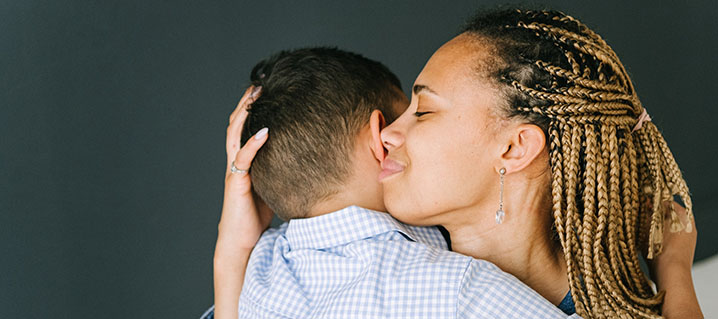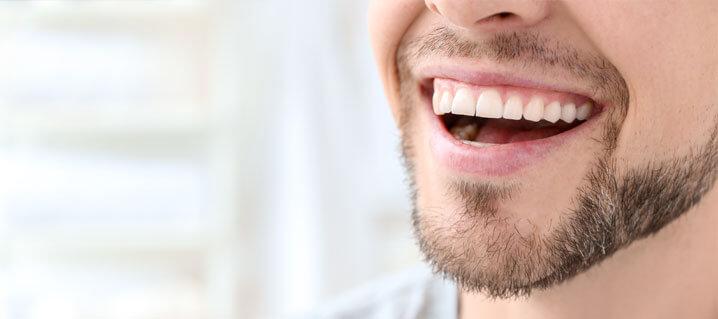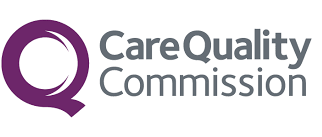Does Invisalign work for a 12-year-old? A Parents’ Guide (Part 2)
16 August 2024
4 min read
CONTENTS: 2-PART GUIDE TO INVISALIGN FOR A 12-YEAR-OLD
+ Part 1: Introduction, Invisalign Teen & benefits
+ Part 2: Why many orthodontists do not recommend Invisalign for a 12-year-old
INVISALIGN TEEN VS FIXED BRACES
In part 1, we introduced the idea of Invisalign for a 12-year-old.
We mentioned that, in some cases, some orthodontists and dentists would consider prescribing Invisalign for a 12-year-old.
And we talked about some of the features of “Invisalign Teen” treatment including:
+ “Compliance indicators” – marks at the back of retainers that gradually fade to prove the patient has worn them for the recommended amount of time.
+ “Eruption tabs” – space holders that allow for new teeth to grow
We focused on the benefits of Invisalign Teen.
Fixed braces for teens
In part 2 we will now focus on the following idea…
There are many dentists and orthodontists who would not recommend Invisalign for a 12-year-old – preferring fixed metal braces as a more suitable treatment plan.
Here’s a summary of the reasons for that preference:
THE RELIABILITY OF FIXED BRACES V INVISALIGN FOR A 12-YEAR-OLD
Because metal braces are permanently fixed to the teeth, they are constantly working to move the teeth towards their final position.
In contrast, it’s possible some 12-year-olds will forget to wear their plastic Invisalign aligners for parts of the day.
This could make their treatment less effective.
Fixed braces v Invisalign: Versatile application
More traditional braces give precise control over the movement of teeth and are effective for treating a wide variety of orthodontic issues.
These include complex cases such as severe bite, crowding and misalignment problems.
Fixed braces for a 12-year-old: Predictability of results
Many orthodontists have been working with braces for decades and can accurately predict treatment progression and outcomes.
Fixed braces for teens: Affordability
Metal braces are often a more cost-effective option, which appeals to many families.
Also, fixed braces treatment is sometimes provided by the NHS in the UK.
Invisalign cannot be provided by the NHS.
Developmental changes
A 12-year-old’s teeth and gums are still developing – the jaw continues to grow and permanent teeth are still emerging.
Many orthodontists believe fixed braces offer more control over complex teeth movements than Invisalign during this critical growth phase.
Orthodontic community: Fixed braces v Invisalign[H3]
A 2014 survey conducted by the American Association of Orthodontists suggested that 88% of orthodontists preferred fixed braces over Invisalign for adolescent patients.
The AAO found this was largely due to the consistent, predictable results offered in managing complex dental cases during critical periods of growth.
A 2017 clinical trial of patients aged 12-16 conducted by researchers led by Dr Timothy Wheeler at the University of Florida College of Dentistry suggested that fixed braces were more effective in terms of bite correction and ideal tooth alignment than Invisalign.
INVISALIGN FOR A 12-YEAR-OLD
As mentioned previously, some teeth straightening dentists and orthodontists may still recommend Invisalign for a 12-year-old.
Generally speaking, this would be more likely in the cases of responsible young patients – so they can be trusted to wear their retainers for lengthy periods of time – with relatively simple orthodontic requirements.
Fixed braces for a 12-year-old
In conclusion, for a 12-year-old patient, most orthodontists would recommend fixed braces for the reasons outlined above.



